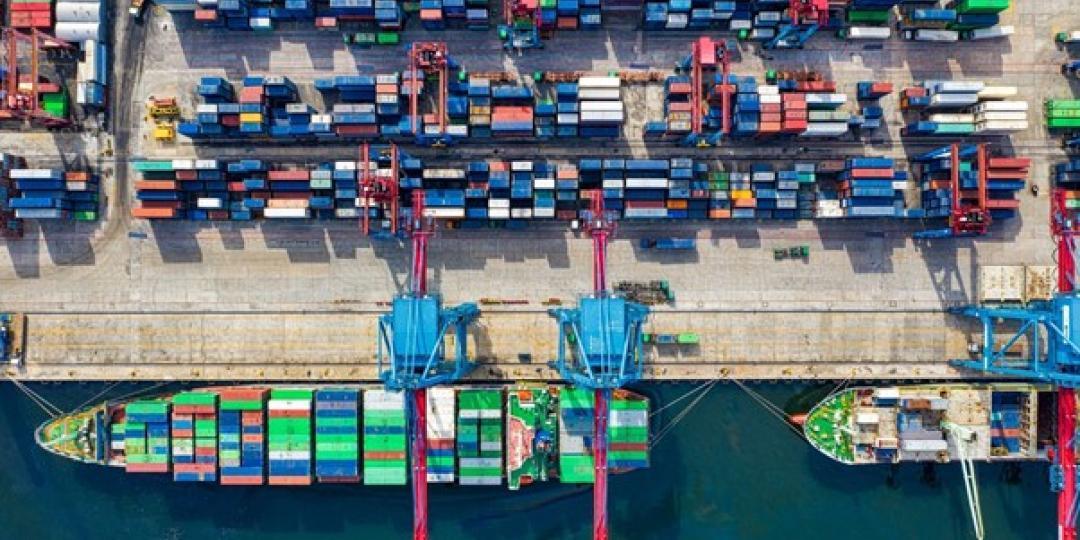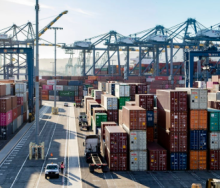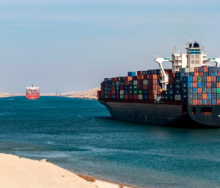China may be the dominant country in the container industry these days but that doesn't mean that importers only have one option when obtaining goods from the Far East. According to Barrington Freight, an expert in freight forwarding services in the UK, importers can rely on air freight and courier services between China and the West as well as the slower but more cost-effective containerised sea shipping routes. Regardless of the shipping method that is chosen when importing from the People's Republic, it is important to bear in mind that import duty may apply depending on the class of goods being shipped. Both customs and excise duty may apply so making the correct declaration prior to the shipment will be important to avoid problems.
Furthermore, anyone importing from China to the UK should bear in mind that value added tax (VAT) may be payable. In some cases, it will also be advisable to consider marine insurance. All of these elements can add to the overall cost of importing from China. In other words, it is not just the freight costs you need to consider – there are additional issues like currency and fuel surcharges that may come into play, as well.
Overall, importing from China is not any more onerous than it is from any other state, however. In the UK, it is imperative that you obtain an EORI number before you start importing from China or you could end up creating big problems for yourself with customs officials. Once you have chosen a suitable shipping route, it is important to keep in the good books of HMRC by sorting out paperwork and any potential payments sooner rather than later. Late documentation can raise eyebrows and that might mean your shipment and its supporting paperwork is checked even more thoroughly than it otherwise would be. Although this might not stop your shipment from coming through, it can cause extra delays and - potentially, at least – further expense.
For the same reason, it is important to vet any Chinese suppliers you might want to use carefully. Due diligence means ensuring that the company concerned is reputable with international shipments. Of course, you will also need to understand the relevant commodity codes for any items you are importing, too. This will affect the tax and duties that you may be liable to pay once your consignment arrives in the UK. Some items also require an import license to be shipped at all, so you ought to check any restrictions in this regard, as well.
Finally, it is worth taking a step back before importing from China for the first time to evaluate your objectives. In most cases, the business reasons for Chinese imports are clear but they can soon seem less attractive if you run into difficulties. For this reason, hiring an expert with the necessary know-how to ensure your shipments are imported successfully and with all of the right paperwork can be extremely beneficial. For most businesses, this will mean outsourcing to a professional freight forwarding firm with a proven track record of working with Chinese exporters.













